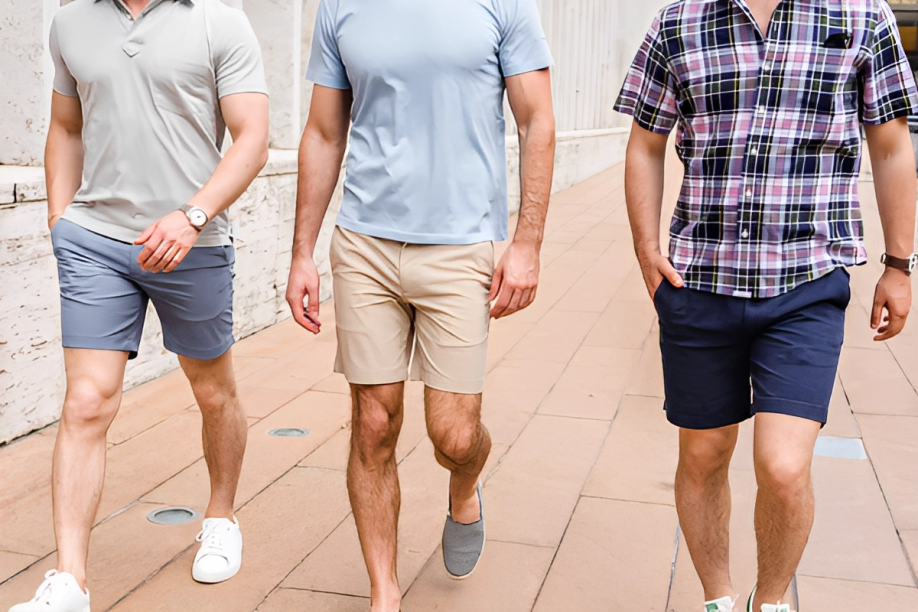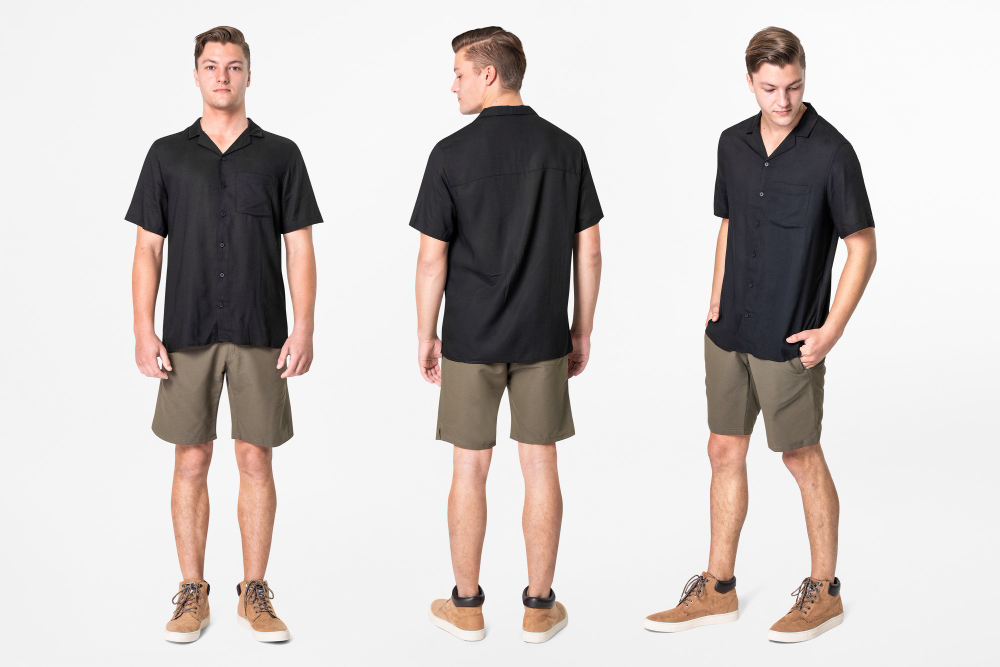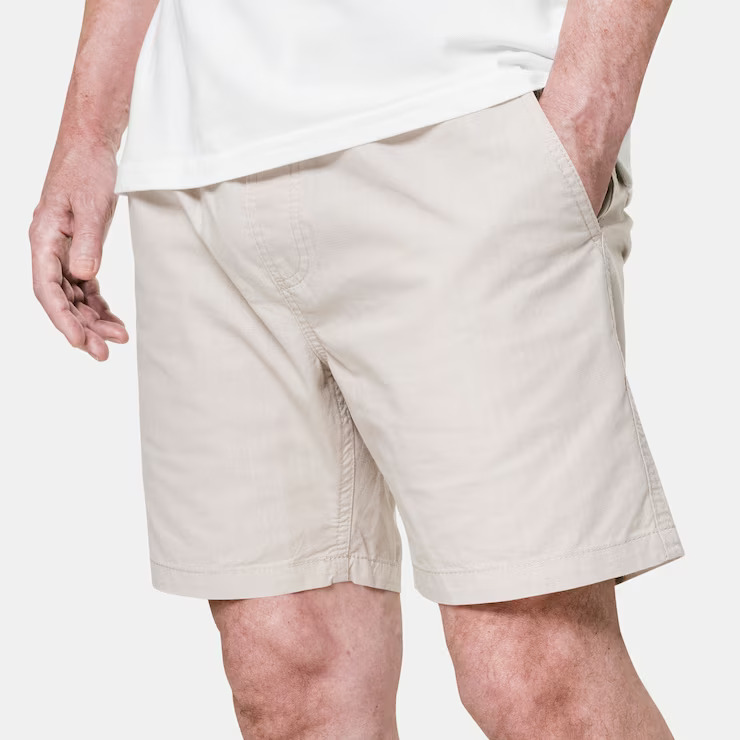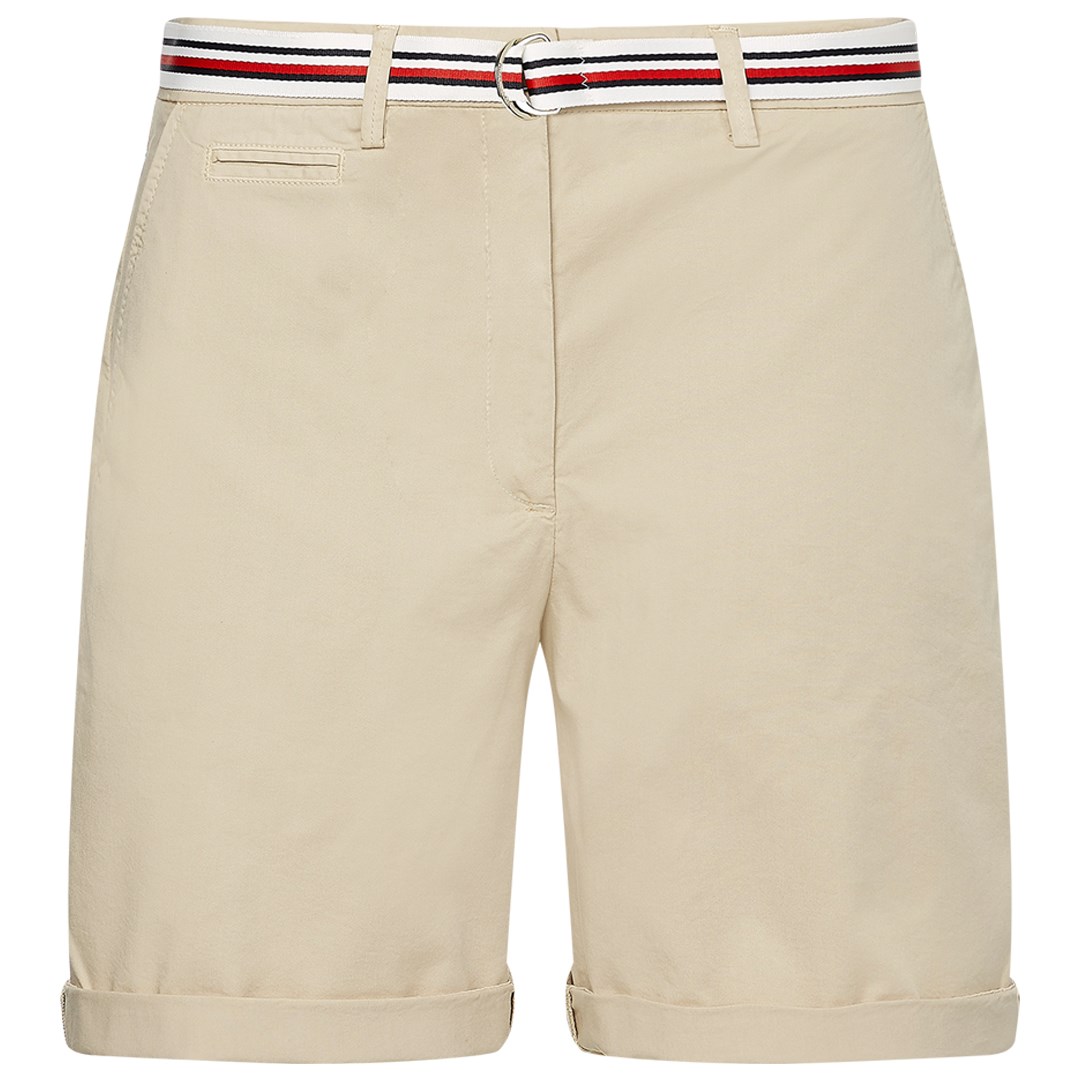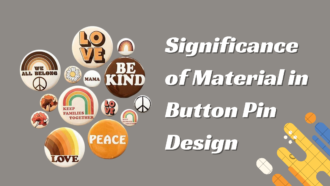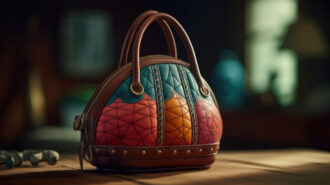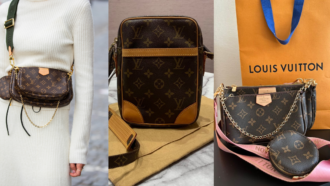What Are Chino Shorts Made Of?
Chino shorts are a staple for intelligent casual summer wardrobes. They’re a versatile option for men and women, and they can be worn dressed up with a tuxedo shirt and lace-up shoes or casually with a button-down, short-sleeve t-shirt and sneakers.
They’re made from lightweight and durable cotton twill fabric. This makes them a great choice for warmer weather and is the main reason they’re so popular.
Chino Shorts Are Made Up Of 4 Types of Materials?
Cotton
Chino shorts are made of a durable cotton fabric mercerized for a slight sheen. These pants are hard-wearing, breathable, and come in various colours that make them stand out from the rest of your wardrobe.
The fibres that create chino pants are derived from the boll, or protective case, surrounding cotton seeds. These seeds are found in the Gossypium nursery, known as “tree cotton.”
Unlike most other textiles, cotton is a natural fibre that is produced without the use of chemical pesticides or fertilizers. Cotton is one of the least-polluted fabrics in the world.
Once cotton plants have grown and harvested, the seeds are separated from the fibrous casing of the boll. This process is called ginning. The ginned cotton is then shipped to textile mills for spinning.
After spinning, the cotton is woven into a wide range of products, including clothing, towels, and bedsheets. It also produces home goods, such as curtains and wall hangings.
When you purchase a cotton garment, it is essential to choose a brand that sources its cotton from a sustainable source. This means that the farm where the cotton is grown is organic or certified to meet specific standards.
This helps ensure that the cotton is grown in a way that benefits the environment, the farmer, and the communities where the crop is grown. Brands and retailers can use several sustainable cotton certifications to ensure they are using only sustainable raw materials in their products.
For example,
many cotton manufacturers use the OEKO-TEX certification to ensure that their products are safe for consumers and do not contain any harmful chemicals. This certification includes thorough testing of all the chemicals used in a product’s production.
Some brands may also choose to source their cotton from a Fair Trade organization, which works to improve the livelihoods of cotton farmers in developing countries. These organizations are a great way to support a more ethical and sustainable production process.
Linen
Linen is an incredibly versatile fabric for homewares, bedding, and apparel. It is lightweight, breathable, absorbent, and antibacterial. Linen is made from the fibers of the flax plant and can be traced back thousands of years.
Linen can be woven into a variety of different fabrics, and it can be dyed to create a wide range of colours. Some common linen dyes include tie-dye, vintage wash, and stonewash.
One of linen’s benefits is that it doesn’t require as much water or chemicals to produce as other textiles. This makes it one of the most environmentally friendly fabrics available today, mainly sourced from certified organic sources.
It also doesn’t contribute to the microfiber pollution crisis affecting the environment, which is another benefit. It’s also biodegradable, so when you finish with your linen items, they won’t remain in landfill sites for decades as most textiles do.
Another advantage of linen is that it can be machine-washed and is a very comfortable fabric. It has a natural feel and is a good choice for hot weather.
Lastly, linen is also very durable and will last for years. It’s a little heavier than cotton and can be stiff but softens. It is also an excellent fabric for people who want to be comfortable and stylish at the same time, as it is breathable and very soft on the skin.
The fabric is a bit drier than cotton, which makes it more comfortable to wear during warmer days. It is also a bit more expensive but will last a long time, and the quality is very high.
Chino shorts are a popular bright casual clothing style for casual and formal occasions. They are a classic style that is easy to wear and can be worn with a range of shirts. You can pair them with a white Oxford cloth button-down shirt for an effortless, smart-casual look.
TENCEL®
TENCEL® is a branded version of plant-based lyocell, an incredibly soft and eco-friendly fibre increasingly used in fashion. These naturally derived fabrics are applauded for their low environmental impact, antibacterial qualities, and silky smooth touch.
Unlike cotton or wool, TENCEL® does not wrinkle easily or hold colour well, making it a versatile option for all garments. It’s also an excellent choice for activewear, as it absorbs sweat more than its cotton counterparts, keeping you dry and comfortable throughout your workout.
The fabric is produced by converting the wood and cellulose of sustainably harvested eucalyptus trees into a strong and durable alternative to cotton fibres. This production method recycles water and chemicals and traces the trees to sustainable forest habitats.
This sustainable process uses a chemical solvent to turn wood pulp into fibres that are spun, woven, and dyed into the cloth. The process uses less energy and resources than traditional t-shirt manufacturing methods, and emissions are reduced by up to 99.8% in biological water treatment plants (source).
One of the most important things to note about the TENCEL® manufacturing process is that it is environmentally friendly. This is because the solvent used in the process can be recycled and reused rather than sent to a landfill.
Another big plus is that the TENCEL® is easy to dye without the need for bleach, which reduces waste and environmental impacts associated with colour change. It is also hypoallergenic and breathable, so it doesn’t cause skin irritation like cotton or other natural fibres.
The TENCEL® is also very soft, which makes it a good option for sensitive skin. It also has fantastic absorption characteristics, absorbing up to 50% more moisture than cotton, and is highly resistant to odorous bacteria growth.
TENCEL® is a versatile fibre suitable for all types of clothing, from activewear to dresses. It can be blended with other materials, like organic cotton, to add durability and softness to the finished piece. This versatility is one of the fabric’s biggest selling points, and it’s why it’s such a popular option for ethically sourced and made pieces.
Polyester
Polyester is an artificial fibre invented in the 1940s. It’s made by combining long chains of synthetic polymers and has become one of the most widely used fabrics worldwide, with annual production exceeding 52 million metric tons worldwide.
Polyester can be produced from crude oil or other sources, such as sugar cane or bio-waste. Its use is increasing, and it is a significant competitor to cotton in the textile industry, which accounts for more than 70% of polyester production.
It is a popular choice for clothing because it’s durable, wrinkle-resistant, and easy to care for. It also looks great in various colours and patterns and can be printed with designs or woven into a fabric.
Polyester is cheaper than natural fabrics like cotton and linen, making it an affordable alternative. You’ll usually find polyester in a blend with other fibres, such as cotton or wool.
However, you can find some pure polyester products if you pay more. These can be great for a more dressed-up, preppy look.
When buying polyester shorts, check the label. It will say what percentage of the fabric is made from polyester. This will help you make sure you’re getting a quality product without breaking the bank.
Another option is plant-based polyester, which uses ethylene from sugar cane or other sources. This is more environmentally sustainable, as it reduces the need for petroleum.
Although it is not as common and expensive as PET, it can be more elastic and durable than other types of polyester. This polyester type is often used for heavy-duty applications, such as curtains and upholstery.
Polyester fibres can be made into various fabrics, including suits, skirts, and dresses. It’s also a popular choice for sportswear, as it can be lightweight and moisture-resistant.
Aside from its versatile applications, polyester has a few drawbacks. It requires a lot of water, so it’s not ideal for those who prefer clothing made from natural fibres. It also produces microplastics when washed, which can be dangerous for the environment.

